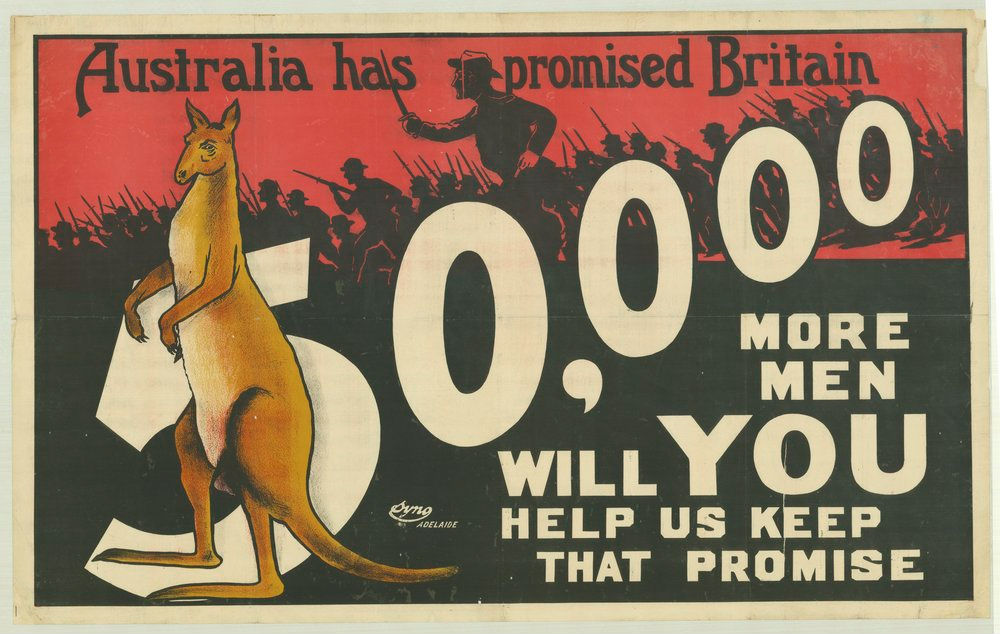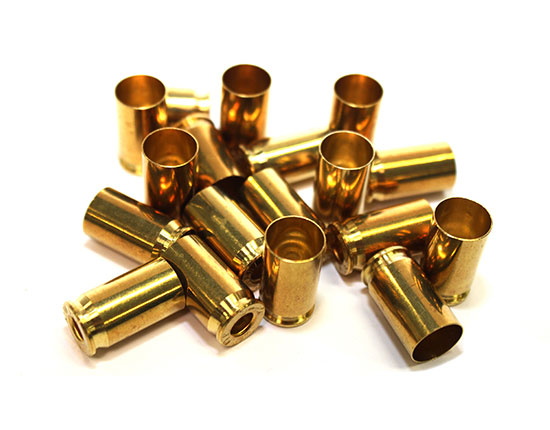‘Why not advertise to “recruit” a new member of the Australian War Memorial Council?’, Honest History, 6 March 2019
Les Carlyon AC, editor, author and member of the Australian War Memorial Council is dead at 76. In due course, the Governor-General will appoint a replacement under section 10 of the Australian War Memorial Act 1980. On past form, the replacement will most likely be a senior business person, a retired senior officer, or even, perhaps, another writer of war books.
Here’s a radical thought: why not advertise the vacancy publicly in the same way that we have recruited men and women in times of war? Selection criteria for filling the vacancy could be developed by the Memorial and the responsible Minister, under the guidance of a resolution of the Australian Parliament.
The selection committee could comprise a nominee of the Minister, a nominee of the Memorial Council, and three members nominated by a public process. (The public nominees would have the majority.) The selection committee having chosen a suitable candidate, the Governor-General could step in at the end of this public process to make the appointment.
 Recruitment poster, c. 1916 (SLV)
Recruitment poster, c. 1916 (SLV)
The parliamentary resolution would stress the need for the Council to represent the views of ordinary Australians about the Memorial, which is, after all, an institution held in trust for them, and which commemorates thousands of ordinary men and women. By contrast, as the present author wrote in 2016:
[A] detached observer looking at the current Council membership (or, for that matter, its membership at any time over the last 75 years), without knowing who it belonged to, might take it to be the Board of a Naval, Army and Air Force Club rather than of a national war memorial, albeit a club that was doing its best to be welcoming to female members and the younger generation and to keep up its links with military history buffs, particularly philanthropic ones.
There are 13 members of the Memorial Council (or 12 post Mr Carlyon), seven of whom are current or former senior officers (Lieutenant Colonel/equivalent or above) in the Australian Defence Force.
The most recent change saw a late septuagenarian retired Rear Admiral replaced by a much younger war widow. That change is to be welcomed. Now, with the death of Les Carlyon, there is a chance to make further, more radical changes. After filling Mr Carlyon’s position in the way described above, the Memorial’s Act could be amended in due course to make a majority of positions on it subject to public advertisement or even to election. As the present author said in 2016, ‘An institution which claims to tell its nation’s story should surely be open to Council members democratically elected by, from and for the nation’.
What difference would a Council chosen in a radically different way make to how we commemorate our wars? The present author said this in 2016:
Australians enlisted for our major wars in great numbers. Some of them became officers. A handful of them became senior officers. Decades on, too much of the control of our national war memorial has devolved to the senior officer cadre and a supporting cast of the Australian version of “the great and the good”. The people should be allowed to take back this role. The remembrance of war – and, more importantly, the prospect of peace – are too important to be left to those who have made a profession out of military activity or a hobby out of military history. These matters affect all of us and our future, not just those who try to keep the Anzac flame burning in pretty much the same way as it has for the last century.
The War Memorial Council as presently composed is an anachronism. It stands in the way of significant change in the way we commemorate war and hope for a peaceful future. A Council which was more representative of the range of Australian experience of war – and of Australians – would help the Memorial tell a more rounded story, a story not just of daring and death in uniform but of the widespread and lasting effects of war on individuals, families (especially women and children) and communities. The story not just of what Australians have done in war but of what war has done to Australia and Australians – and what it should never do again.
* David Stephens is Editor of the Honest History website and co-editor of The Honest History Book.

Too much brass on the Council? (xtremebullets)


Leave a Reply
You must be logged in to post a comment.